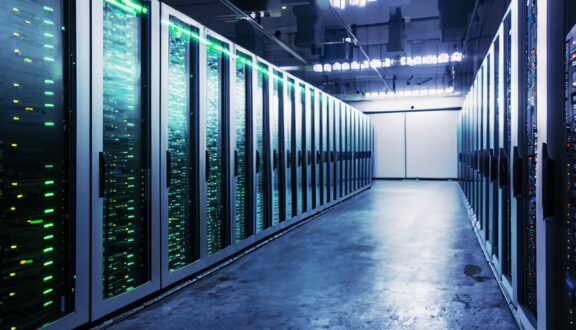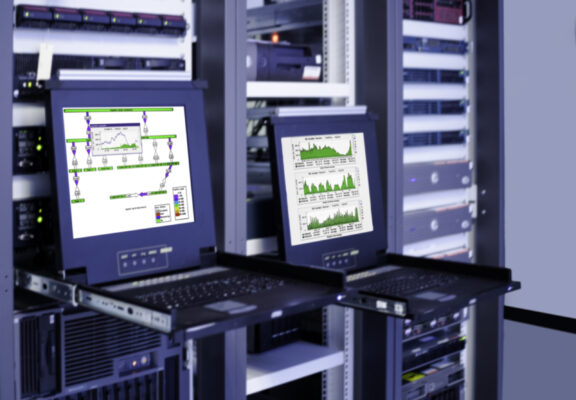Last Updated on April 11, 2023
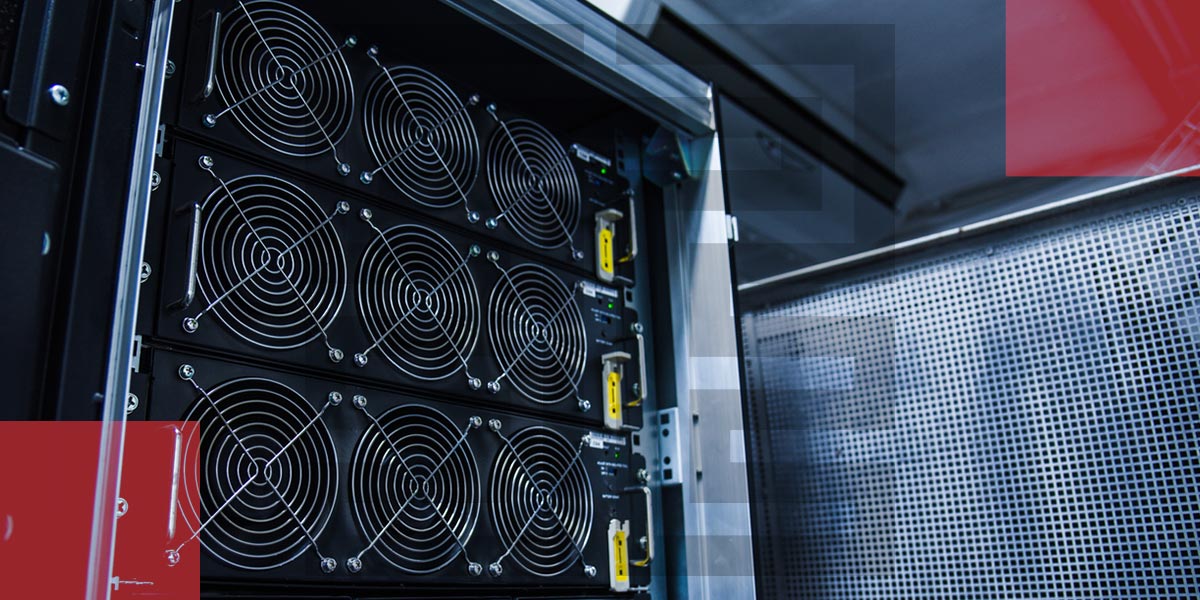
A critical load has more than one definition, but when a power supply is concerned, a critical load is the total electrical power running to the necessary power distribution units (PDUs) through the input circuit breakers. When a mains power failure occurs, a business’s critical load must continue to function to prevent issues such as life-threatening conditions, data corruption and system crashes. The critical load might include the electricity needed to power servers, life support systems or other important services on a premises.
The critical load is an important concept when you are considering electrical systems and how to maintain commercial operations during a power outage. Keep reading to learn more about critical power.
WHY ARE CRITICAL LOADS IMPORTANT?
A critical load is necessary for your company to conduct and maintain its vital operations. Even a partial failure can have serious consequences if it impacts equipment or services needed for your business’s essential functions. A critical load can be connected to an uninterruptible power supply or another alternative power source that works as a standby solution during a loss of the electric utility.
You might also want to know what critical power is used for the most. A critical load must remain in check for systems to run smoothly, especially during a power failure, when the emergency power system will need to kick in to preserve:
- Servers
- Voice processing systems
- Security systems
- Life support equipment
- Vital functions and important facilities
Many businesses with vital equipment or technology rely on uninterrupted power supplies and generators to survive power outages or failures. With a generator, you will have an emergency backup system for your most important devices, equipment and electronic systems during a mains power failure. With an automatic transfer switch, you will have an uninterrupted power source for critical operations.
WHAT IS A NON-CRITICAL LOAD?
A non-critical load includes any non-essential appliances that your company can function without. A business can withstand a temporary loss of use of certain items or appliances as long as they are non-essential to maintain regular operations. During a power cut, a non-critical load can stay off until the power is restored.
Examples of non-critical loads include:
- Lighting
- HVAC systems
- Fans
- Printers
- Microwaves
WHAT IS AN ESSENTIAL LOAD?
Certain loads can be classified as something other than critical or non-critical. An essential load involves any secondary support services that a company requires to maintain normal operations. An essential load is also considered non-critical, but it is still required for a business to function.
This type of load is usually safe to use without an uninterrupted power source. An example of an essential load is an emergency lighting system that kicks in during an outage. This system can safely wait for a generator to kick in and engage it.
A load is only considered critical if it would be dangerous or devastating for it to fail, even briefly. A critical load keeps operations running and should be kept on without a small loss in power, whereas an essential load can survive a small break in power so long as it will be re-engaged later.
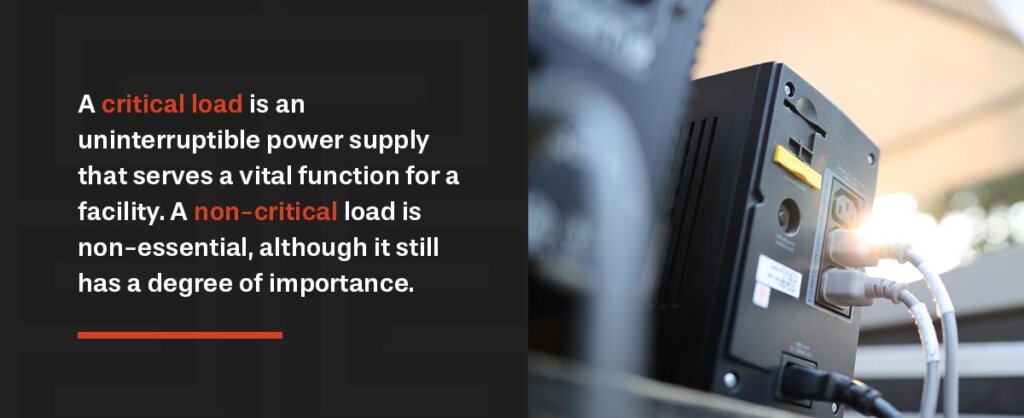
WHAT ARE THE DIFFERENCES BETWEEN CRITICAL AND NON-CRITICAL LOADS?
The main difference between the two types of loads is their importance. A critical load is an uninterruptible power supply that serves a vital function for a facility. A non-critical load is non-essential, although it still has a degree of importance.
A critical load includes all systems with which a temporary power loss would cause immediate issues or hazards. Many industries that rely on uninterruptible power supplies are required to keep such systems running.
WHERE DOES CRITICAL POWER PLAY A ROLE?
What are critical electric loads in more detail? Some factors you should consider when classifying your company’s power loads are:
1. IMPACT ON CUSTOMERS
If the loss of a particular load will affect your company’s ability to do customer service, then it is probably an essential load, but it is only critical if an interruption in the particular service would be dangerous to your customers. With a loss of certain operations, your company will lose business or customers might be unable to contact your team, making the load essential. It’s important to connect any load that affects customers to a generator if possible.
2. FINANCIAL PENALTIES
If a load failing may result in a financial penalty for your company, then it is considered critical. You should also have an emergency power system to sustain any essential load that is needed to follow health and safety regulations. These types of loads should always be carefully considered in your company’s emergency planning, so you can avoid penalties or lawsuits that could impact your finances.
3. PRODUCTIVITY AND PRODUCTION
If the loss of a load will have a strong impact on your company’s productivity, it’s a good idea to make sure the basic systems are connected to an emergency power supply. This type of load might be considered essential but non-critical. These loads are considered essential because without them, your company will sustain significant losses, but these systems can typically withstand a temporary loss of power before they are reconnected.
4. SECURITY SYSTEMS
Security systems are critical loads for certain industries. In an industry where a security system is highly recommended but unregulated, this type of load is considered essential instead of critical. You want to avoid potential security breaches or other issues with security that could make your company unsafe during a power outage. If your company uses an electronic security system or monitoring, ensure that you have an uninterruptible power supply that will continue to operate during an outage.
5. QUALITY CONTROL
Depending on your industry, quality control might be an important factor. Make sure your company is capable of following all health and safety regulations during a power outage.
6. ENVIRONMENTAL SYSTEM CONTROLS
Some industries will require specific temperature controls to prevent critical losses of products, especially the food retail and restaurant businesses. Many other industries also require environmental controls, so make sure you have a backup system if you keep perishable products.
7. STAKEHOLDER REPUTATION
Your company’s reputation is important when you have stakeholders. You want to make sure a power outage will have little impact on your reputation, and the easiest way to achieve this is to keep all essential equipment and appliances connected.
8. SERVICE PROVISIONS
If you want your company to function during a power outage, it’s important to make sure everything you require to provide your usual services will operate as normal.
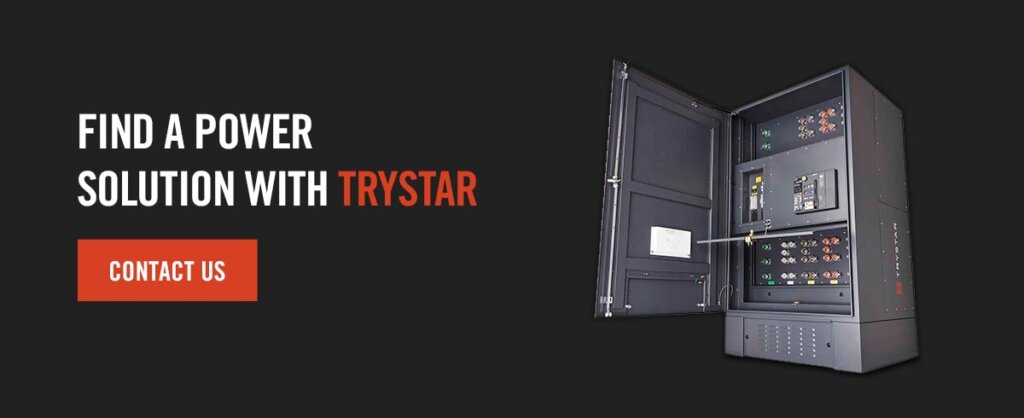
FIND A POWER SOLUTION WITH TRYSTAR
At Trystar, we manufacture power distribution equipment and generator docking stations, so you can stay connected to power when it matters. We also have portable power products. Contact us to request a quote today.
We Are Here
To Help
Our team is here to support you and solve your power challenges. Connect with our responsive experts today to learn about our customized power solutions and products.
